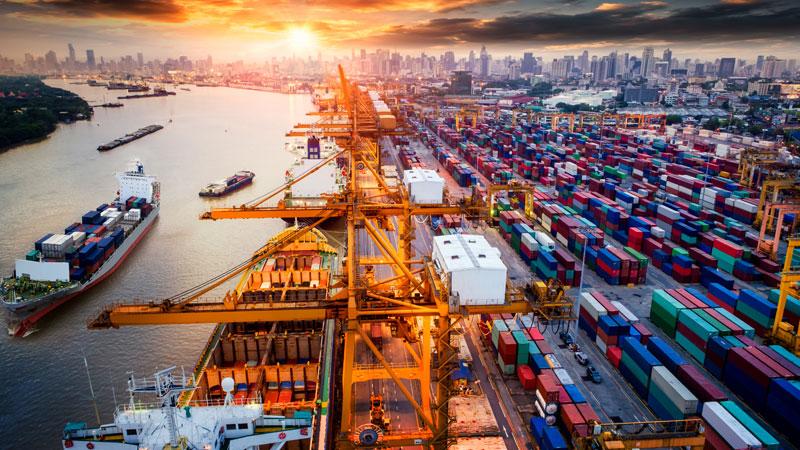Kim Moody, Visiting Scholar at the Centre for the Study of the Production of the Built Environment at the University of Westminster, wrote an opinion article for The Guardian about why it’s time to move on ‘just-in-time’ supply chains.

In the article, he wrote: “A price shock on the global natural gas markets bring down several small energy providers, leaving customers without heating and facing rising fuel prices…What these incidents have in common is the speed at which a single event can disrupt the supply chains that crisscross the world.
“Almost every time you order something online, it is transported via a network of factories, rails, roads, ships, warehouses and delivery drivers that together form the global economy’s circulatory system. This tightly calibrated infrastructure is designed for perpetual motion. Once one link breaks or stalls, the impact on today’s just-in-time supply chains can be felt immediately.”
He added: “Now, our just-in-time world is becoming increasingly crisis prone, the schedules of container shipping have been unreliable since the pandemic began in early 2020. The rise of fuel prices has also led to reduced shipping speeds, known as ‘slow steaming’, to cut costs.”
In his concluding remarks, he said: “Decades of deregulation, privatisation and market worship have left society vulnerable to the unbidden force of ‘just-in-time’ supply chains. No amount of government subsidies, lower taxes, job training and other shop-worn policies will be enough to address the crises we face, from the pandemic to climate breakdown, which are causing supply chains to fail. Now is the time to think about not just how we make and consume things, but also how we move them.”
Read the full article on The Guardian’s website.


